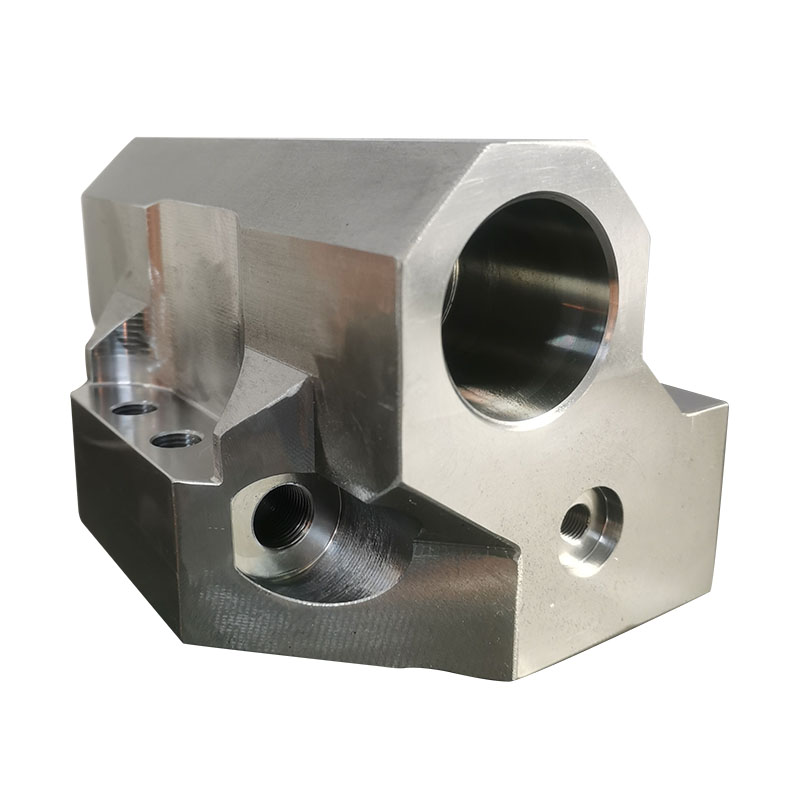Hydraulic Valve Blocks – The Heart of Hydraulic Systems
2025-01-22
Hydraulic systems power many industrial, construction, and automotive machines, and at the core of these systems lies the hydraulic valve block. This essential component acts as the control center, managing the flow of hydraulic fluid to ensure optimal performance and functionality.
What is a Hydraulic Valve Block?
A hydraulic valve block, also known as a manifold, is a precision-engineered block that houses multiple hydraulic valves. It acts as the central hub, directing fluid to different parts of the hydraulic system based on operational requirements.
Key Functions of a Hydraulic Valve Block
1. Flow Control
- Regulates the flow rate of hydraulic fluid to specific actuators.
2. Pressure Regulation
- Ensures the system operates within safe pressure limits by redirecting excess pressure.
3. Directional Control
- Routes hydraulic fluid to the correct actuator, enabling desired movement or force.
4. System Integration
- Combines multiple functions into a single compact unit, reducing system complexity.

Types of Hydraulic Valve Blocks
1. Mono-Block Design
- A single-piece design offering high durability and compactness.
- Commonly used in mobile equipment like tractors and excavators.
2. Modular Design
- Composed of multiple stackable sections for greater flexibility.
- Ideal for systems requiring customization or future expansion.
3. Custom Hydraulic Valve Blocks
- Tailored to meet specific system requirements, ensuring optimal performance.
Advantages of Hydraulic Valve Blocks
1. Space Efficiency
- Combines multiple valves into one compact unit, saving space.
2. Reduced Leakage Points
- Minimizes the need for multiple connections, reducing potential leakage risks.
3. Simplified Maintenance
- Centralized design makes troubleshooting and repairs easier.
4. Improved System Performance
- Enhances the efficiency and responsiveness of hydraulic systems.
Applications of Hydraulic Valve Blocks
- Construction Machinery: Excavators, loaders, and cranes.
- Agricultural Equipment: Tractors and harvesters.
- Industrial Automation: Manufacturing and assembly line machinery.
- Aerospace: Aircraft hydraulic systems.
- Marine: Ship steering and cargo handling systems.
Conclusion
The hydraulic valve block is a critical component that ensures hydraulic systems run smoothly, efficiently, and safely. Its role in regulating pressure, flow, and direction makes it indispensable across industries. Investing in a high-quality valve block is key to maximizing the performance and longevity of your hydraulic system.


